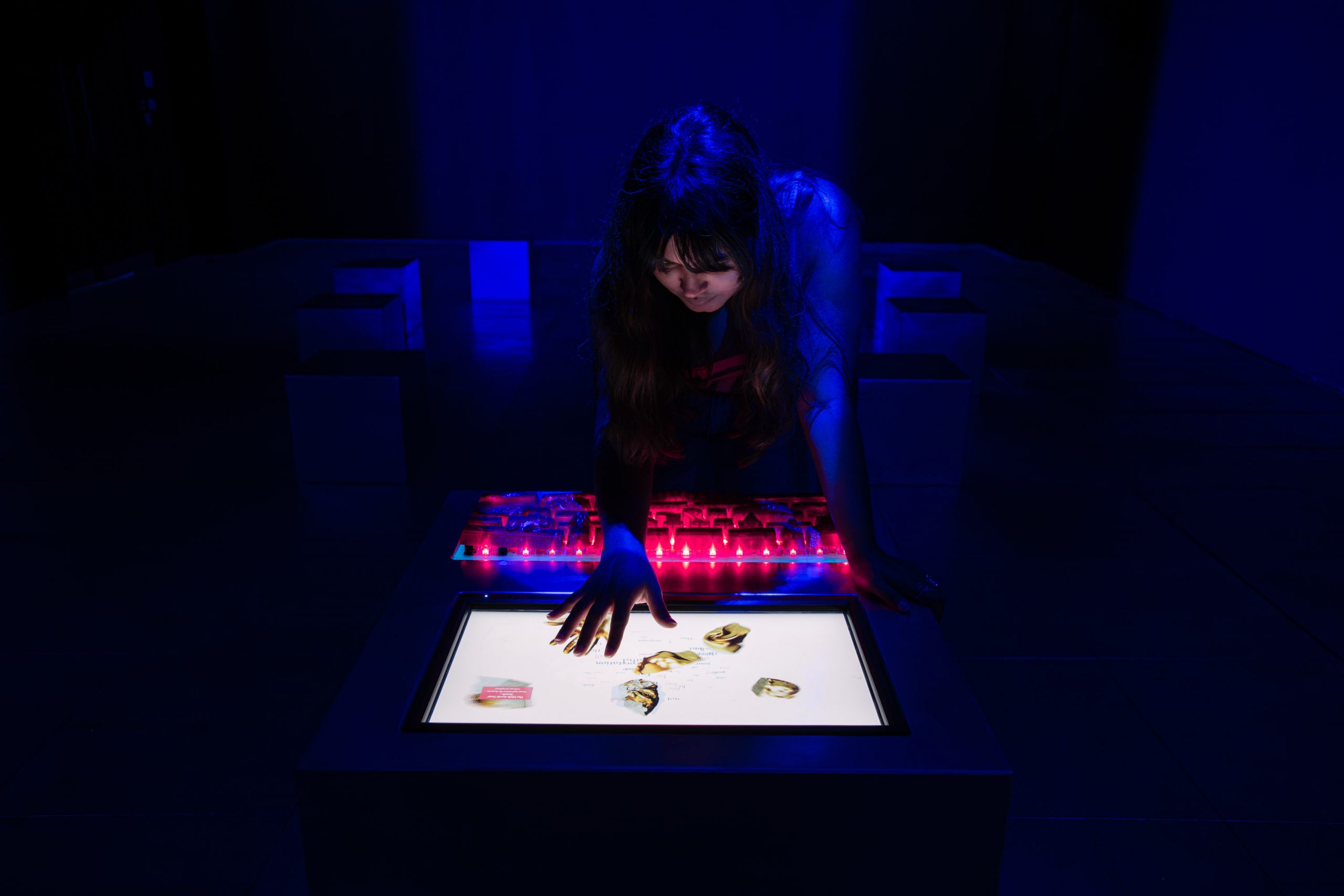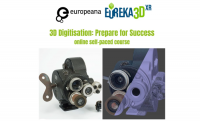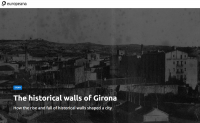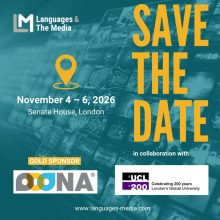
The next Preservation and Archiving Special Interest Group (PASIG) meeting will take place in Madrid on 19-21 May 2020.
The Biblioteca Digital Memoria de Madrid, Centro Cultural Conde Duque is the event host. The PASIG Steering Committee is pleased to connect with colleagues in Conde Duque, which is the most important cultural center in Madrid and home to some of the city’s main libraries and archives. Like last year in Mexico City, this PASIG will offer bi-lingual translation services in English and Spanish.
The Preservation and Archiving Special Interest Group (PASIG) is dedicated to advancing the practice of digital preservation and archiving. It brings together practitioners, industry experts and researchers to share experience on how to put preservation and archiving into practice.
The event website is: http://www.pasig2020memoriademadrid.es. Agenda drafts, sponsorship information, registration, and travel and hotel options will be added in the coming months. The Program Committee is in its initial planning phase, but if you have a topic you want to be considered or would like to enquire about sponsorship, please email (c.mumma@austin.utexas.edu) and the Program Committee Chairs, Gilberto Pedreira Campillo (pedreiracg@madrid.es) and Carlos Villarrubia Rodríguez (villarrubiarc@madrid.es).
The Program Committee for Madrid and the PASIG Steering Committee are working closely together on this event. We would like to thank the members of both for all their effort and commitment! If you have an interest in digital preservation and want to be a part of a great community, make sure you save this date!
PROGRAM COMMITTEE CHAIRS / PRESIDENTES DEL COMITE DE PROGRAMA
Co-chairs: Gilberto Pedreira Campillo (pedreiracg@madrid.es), Director of Digital Library Memoria de Madrid and Carlos Villarrubia Rodríguez (villarrubiarc@madrid.es), Head of IT Technicians and Assistant in Digitalizing Area
STEERING COMMITTEE / COMITE DIRECTIVO
- Natalie Baur, El Colegio de México
- Tom Cramer, Stanford University
- Ben Fino-Radin, Small Data Industries
- Neil Jefferies, University of Oxford
- Thomas Ledoux, Bibliotheque Nationale de France
- Sarah Mason, Artefactual Systems
- Becky McGuinness, Open Preservation Foundation
- David Minor, UC San Diego Library
- Courtney Mumma, Texas Digital Library
- Matthias Razum, FIZ Karlsruhe




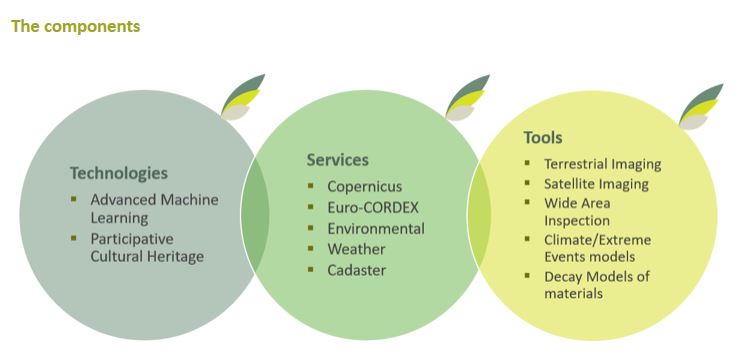 Currently there is no specific process for understanding and quantifying the effects of climate change on historical areas; Hyperion aims to introduce a research framework for climate and atmospheric composition downscaling.
Currently there is no specific process for understanding and quantifying the effects of climate change on historical areas; Hyperion aims to introduce a research framework for climate and atmospheric composition downscaling.

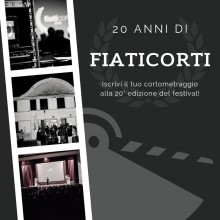
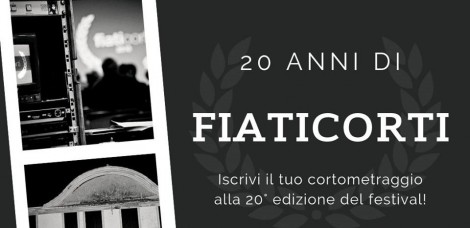 Applications are now open for the 20th edition of Fiaticorti, the international short film festival based in Istana, one of the most important short film festival in Italy. You have until 31th August 2019 to sign up.
Applications are now open for the 20th edition of Fiaticorti, the international short film festival based in Istana, one of the most important short film festival in Italy. You have until 31th August 2019 to sign up.
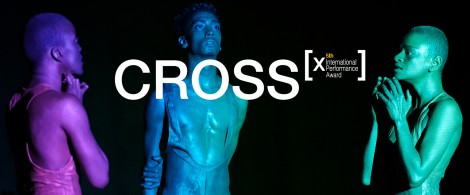
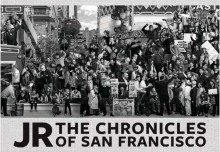
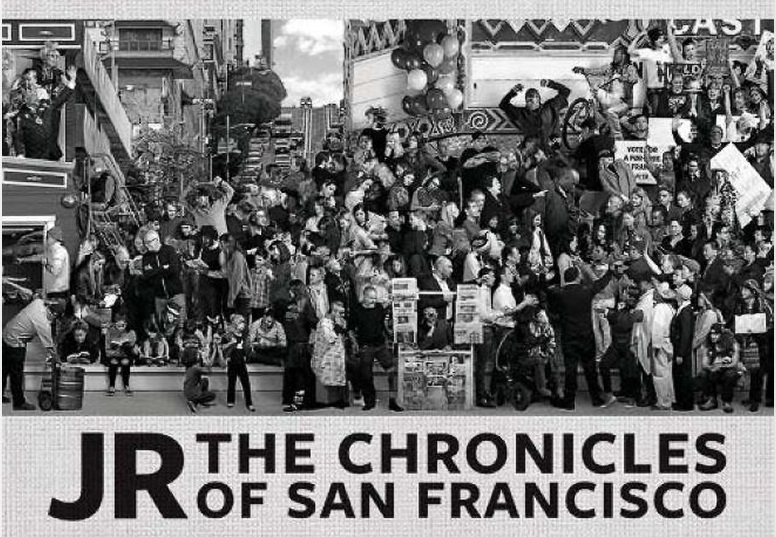
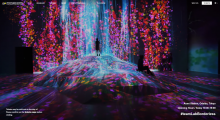
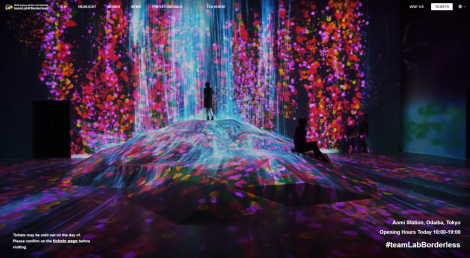
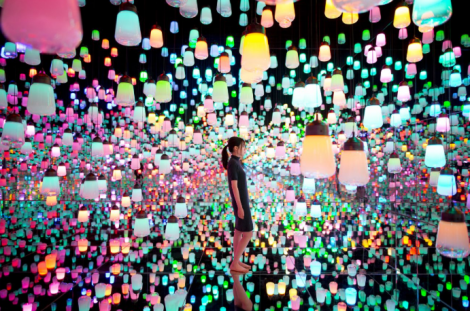
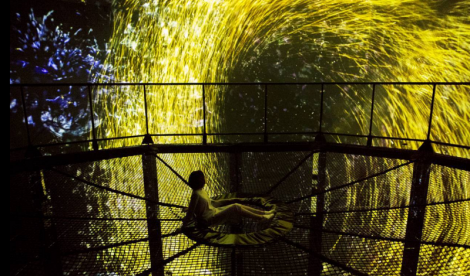
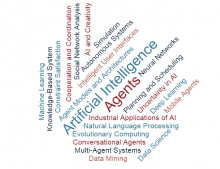
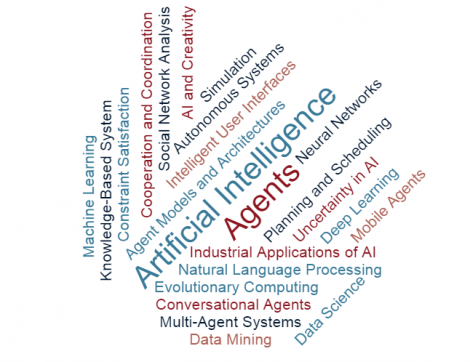 A special session at the 12th International Conference on Agents and Artificial Intelligence (ICAART) is called on:
A special session at the 12th International Conference on Agents and Artificial Intelligence (ICAART) is called on: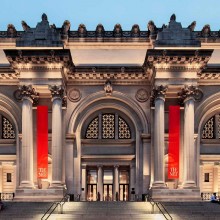
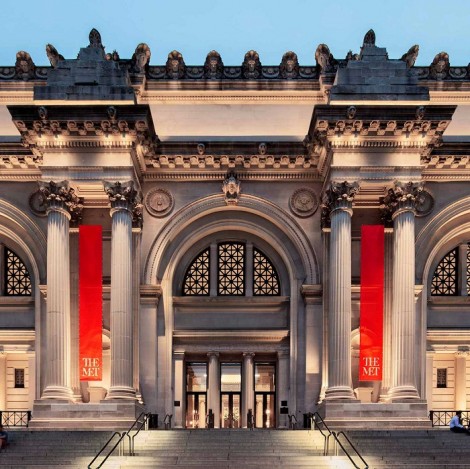 Dear readers, I once again speak about New York and in particular about the Met, the Metropolitan Museum of Art, which digitized a large number of historical documents in the last two years and made them available to the “World” via their website. The Museum has three sites in New York City: The Met Fifth Avenue, The Met Breuer, and The Met Cloisters.
Dear readers, I once again speak about New York and in particular about the Met, the Metropolitan Museum of Art, which digitized a large number of historical documents in the last two years and made them available to the “World” via their website. The Museum has three sites in New York City: The Met Fifth Avenue, The Met Breuer, and The Met Cloisters.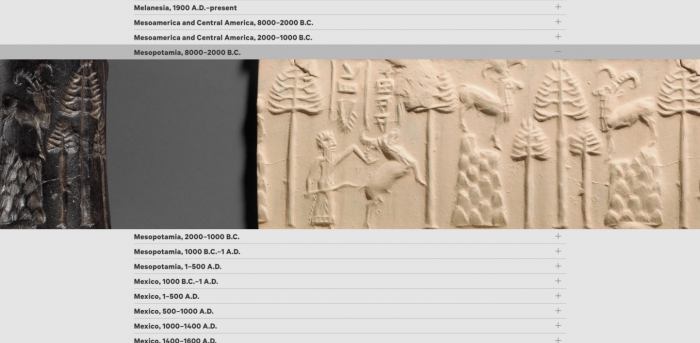
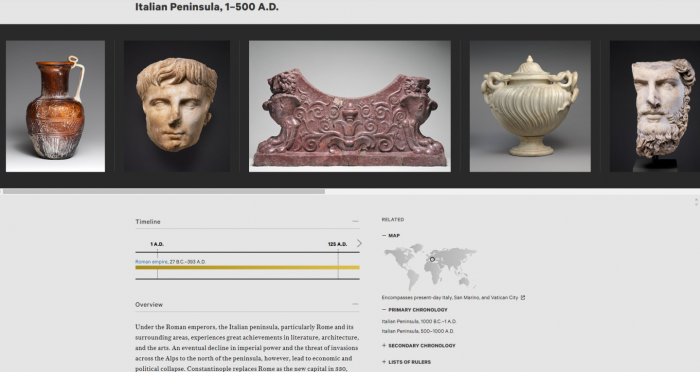
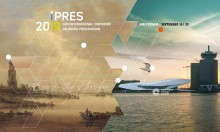
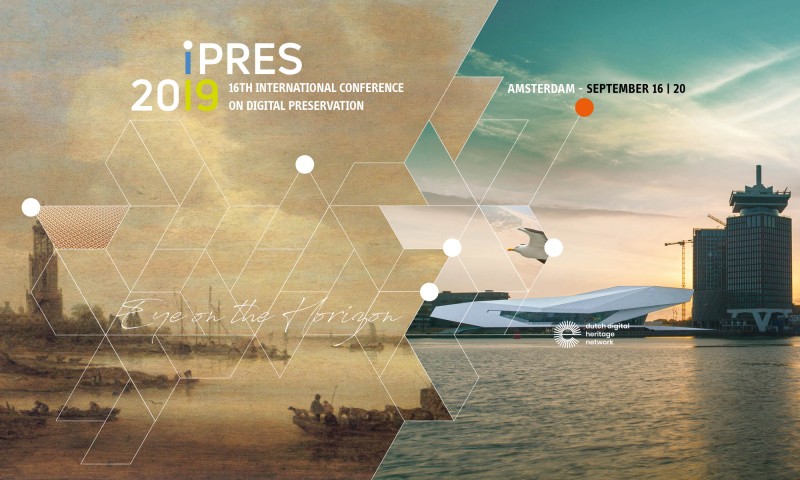 In its 16th edition, the iPRES conference will bring together scientists, students, researchers, archivists, librarians, providers, and other experts to share recent developments and innovative projects in a wide variety of topics in digital preservation from strategy to implementation, and from international and local initiatives. Year on year the debate and research profiled at iPRES have moved digital preservation from a technology driven niche specialism of experts to a global challenge with the community to match.
In its 16th edition, the iPRES conference will bring together scientists, students, researchers, archivists, librarians, providers, and other experts to share recent developments and innovative projects in a wide variety of topics in digital preservation from strategy to implementation, and from international and local initiatives. Year on year the debate and research profiled at iPRES have moved digital preservation from a technology driven niche specialism of experts to a global challenge with the community to match.